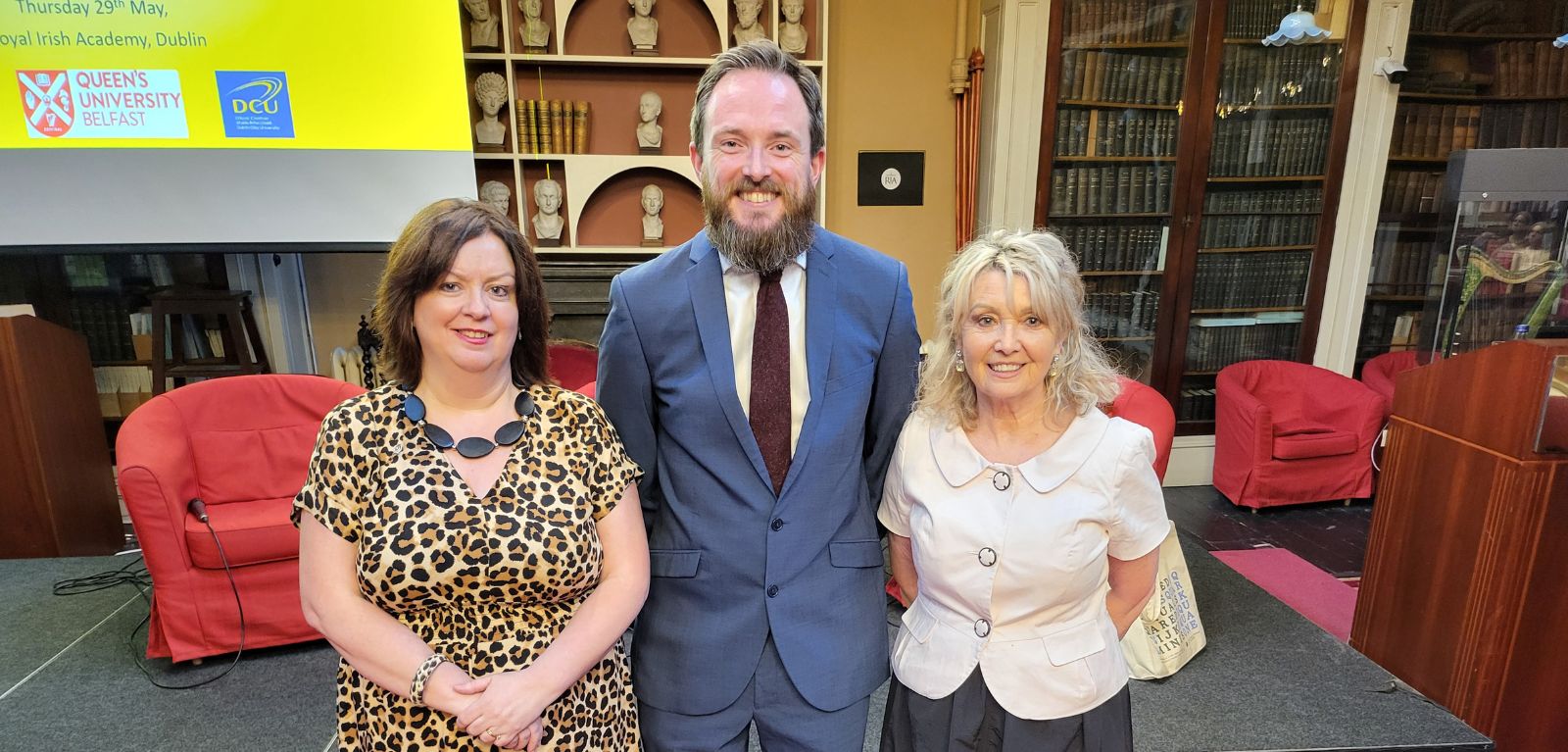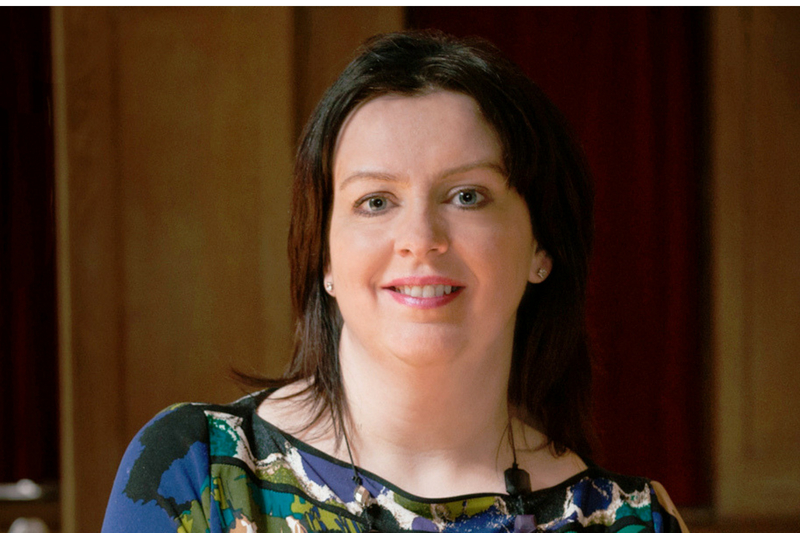Research proposes justice reforms for victims and survivors of non-recent institutional abuses
New research by leading scholars from across the island of Ireland proposes a new justice framework and reform of key legal processes to better meet the needs of victims and survivors of non-recent institutional abuses.

The proposals highlight major shortcomings in current legal and justice processes such as inquiries and redress schemes.
The research was undertaken by Professor Anne-Marie McAlinden from Queen’s, Professor Marie Keenan from UCD, and Dr James Gallen from DCU as part of a three-year project funded by The Higher Education Academy North-South Research Grant, with support from the British Academy and an Arts and Humanities Research Council Fellowship.
The issue of non-recent institutional abuses across a range of contexts has affected communities across the island of Ireland for many decades, with several investigations and redress schemes in both Northern Ireland and the Republic of Ireland ongoing.
Drawing from extensive research across Northern Ireland and the Republic of Ireland, the research project involved interviews with 74 key stakeholders, including survivors, legal professionals, and institutional (Church and State) representatives. It also drew on international experiences of justice responses to non-recent institutional abuses such as inquiries, redress schemes and apologies.
The findings reveal that while conventional legal avenues such as inquiries and redress schemes are prevalent, they often fail to engage survivors meaningfully or address the systemic nature of the abuses.
The research proposes a new framework of justice to bridge the accountability gap and improve outcomes for victims and survivors by focusing on healing, truth-telling, and institutional reform. Central to this new approach is increasing engagement between victim/survivors and institutional actors; thinking more broadly about what accountability and responsibility mean in this context; and how we can develop more innovative and transformative justice processes based on restorative and transitional justice principles and processes. This includes reforms to legal culture; truth-seeking processes and redress.
Key findings and recommendations include:
- Adopt trauma-informed approaches and the use of plain, non-legal language to make legal processes more accessible;
- Transform truth-seeking processes via victim-centric approaches to inquiry design, modularised approaches to investigation which report findings sooner, and the consideration of alternative non-adversarial modes of truth-finding;
- Draw on restorative and transitional justice philosophies, principles and practices to address individual, interpersonal and structural need for accountability, healing and institutional reform;
- Recognise redress as a right, avoid retraumatising survivors, and pair redress with personal, meaningful apologies.
Professor McAlinden from the School of Law Queen’s University Belfast said: “This was a timely project which sought to examine one of the most important societal challenges of our time – how to deliver effective justice experiences as well as outcomes for victim/survivors of non-recent institutional abuses. There were high levels of engagement with the study by not only victim/survivors and advocates but also institutional actors and a clear appetite for doing justice differently. We hope that this research makes a significant contribution to these ongoing debates.”
Professor Marie Keenan from the School of Social Policy, Social Work and Social Justice at UCD commented: “From the outset we were determined to include all voices and listen carefully to the lived experience of victim/survivors and responsible institutional actors in Church and State; examine the temporal challenges involved in non-recent institutional abuses and how these contribute to the responsibility/accountability gap, and, analyse the potential for innovative justice thinking influenced by restorative and transitional justice philosophies. We found there is an appetite for a new way and offer suggestions as to how this can be done.”
Dr James Gallen from the School of Law and Government at DCU noted: “Addressing non-recent institutional abuses remains a pressing and ongoing challenge for societies globally. Several justice responses remain ongoing or in negotiations or proposals on the island of Ireland. This book recognises that no one – victim/survivors, advocates, lawyers, or representatives of State or church institutions – is fully satisfied with existing models and practices. The book demonstrates that alternative approaches are possible, desirable and necessary to better do justice for non-recent harms.”
The full findings are published by Oxford University Press in a new book, Transforming Justice Responses to Non-recent Institutional Abuses, available here: https://academic.oup.com/book/59821
Featured Expert

Media
Media enquiries to Zara McBrearty at Queen’s Communications Office on email: z.mcbrearty@qub.ac.uk or Mob: 07795676858